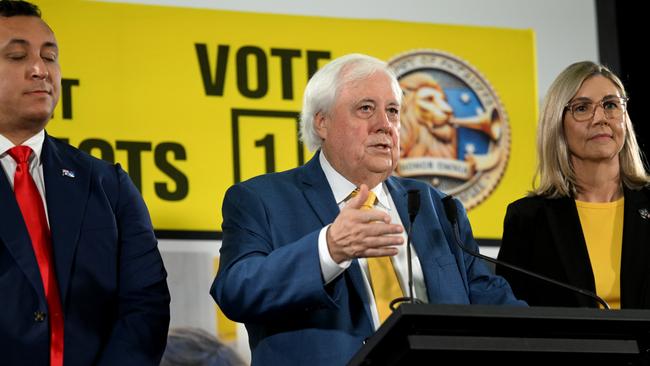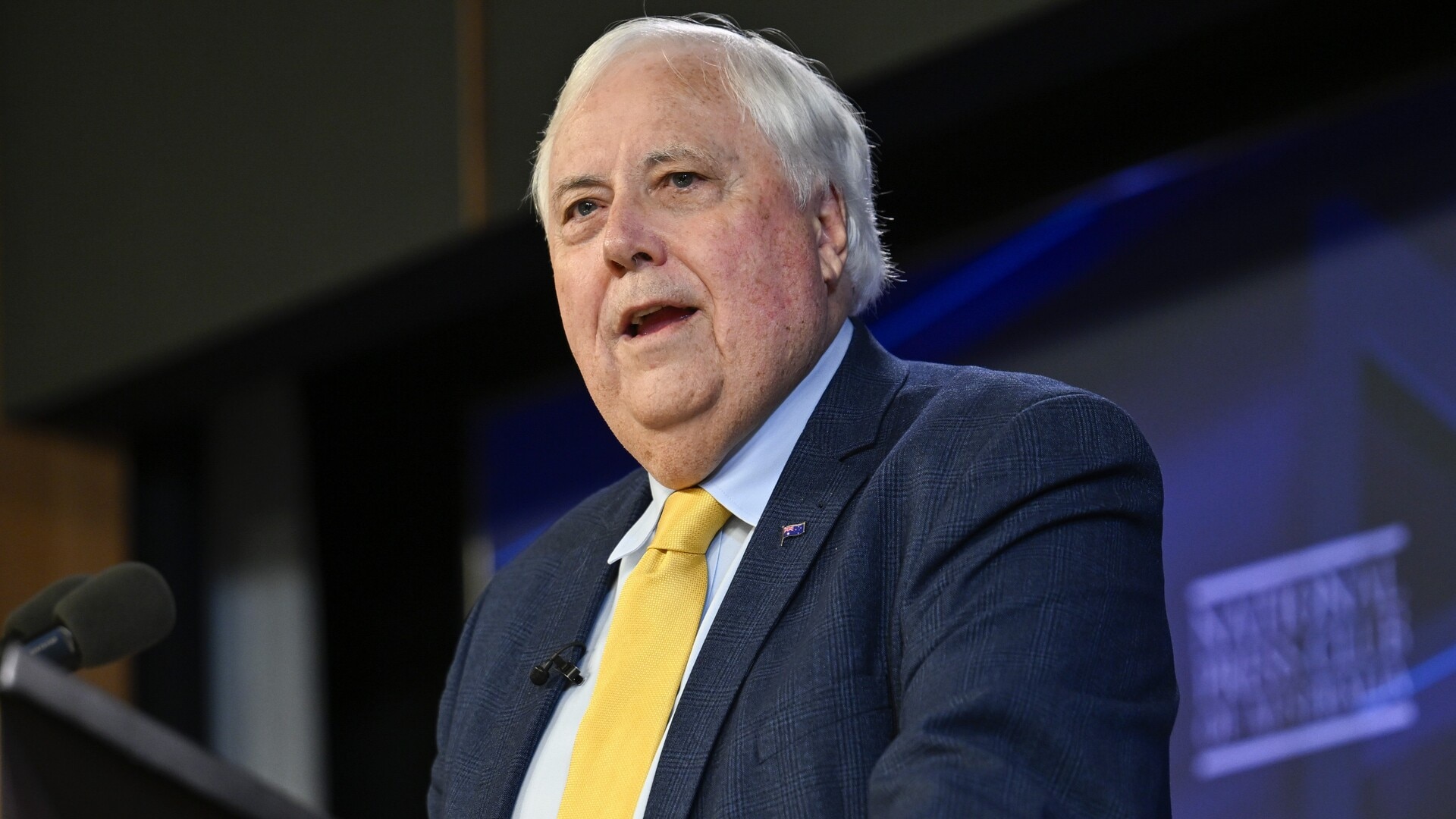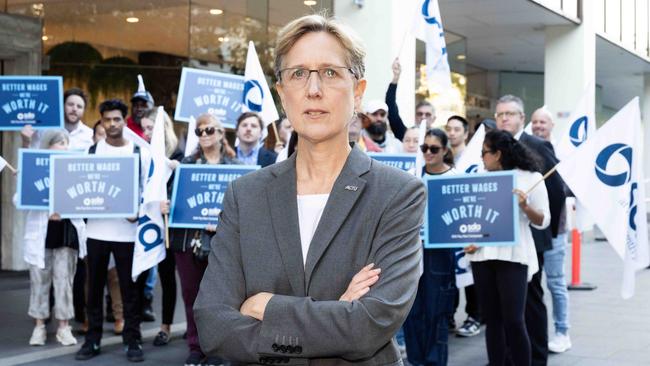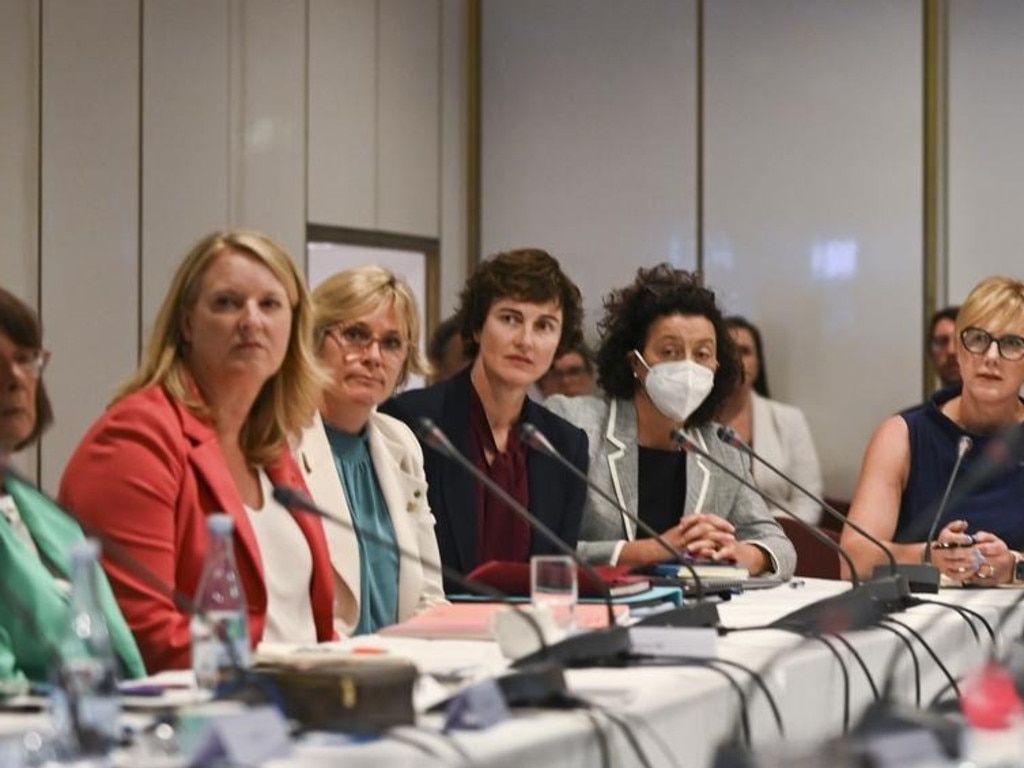Why preferences matter when it comes down to the count

Our voting system in Australia has stood us in very good stead, producing one of the strongest and longest surviving democracies in the world. But, as with most successful things, the detail matters and is often quite complex. That is the case with our preferential system of voting. When we go to vote we are required to place “1” beside our chosen candidate and then indicate who our second preference is by giving a “2” vote, and so on through the ballot paper (the Senate being slightly different).
The public polls suggest that almost all 150 seats being contested this time will need the No. 2 votes to be counted before a candidate gets to 50 per cent of the vote.
Some, but not all, of the minor parties produce cards recommending where a No. 2 vote should be placed. Labor and the Greens clearly have done a deal because each is recommending a No. 2 vote for the other. In the event of a hung parliament no doubt we will discover the cost to the community of Labor cutting that deal.
Clive Palmer appears to want his Trumpet of Patriots party to disrupt the political system as he largely has placed incumbent members of parliament, irrespective of party or policy, at the end of his preference recommendations. This is irresponsible and could well help produce a government completely at odds with what his party claims to advocate.

Both these developments emphasise the importance of looking carefully at the detail.
It is particularly important for anyone thinking of voting for a minor party or independent candidate that they scrutinise the policies being proposed by Labor and the Coalition before casting their second preference.
In particular, there is a fog of claims being made by Labor that will have very negative implications for living standards in the next three years.
In addition, there are important areas of government where Labor simply has had nothing at all to say at this election.
This makes fully understanding what Labor is proposing nearly impossible (which well may be its intention).
Among the unusually large number of policy areas that Labor is refusing to discuss in this campaign are small business, regional Australia, education and trade.
At present, the world is very uncertain and Australia needs a government capable of navigating the challenges that are likely to arise economically and in relation to security.

That is why the lack of clarity on Labor’s plans for key areas of our economy and infrastructure are so important.
The highest number of small business insolvencies was recorded in 2024. And now Labor seeks a second term without offering any policy detail on how it would resolve the pressures sending so many small businesses to the wall.
The Greens are campaigning aggressively on measures that, if implemented by a hung parliament, will significantly increase the cost burden on small business. But, strangely, Labor has nothing to say on the issue.
Given what is occurring internationally, how can Labor make a credible claim for people’s votes without addressing trade and explaining how it intends to deal with restrictions on the ability of our businesses to export? The only intervention by the Prime Minister in this campaign on trade was to do a deal to allow Vegemite to be exported to Canada. As wonderful as that is, Vegemite exports to Canada are unlikely to balance off other challenges our exporters face.
Labor has again cut funding to regional, rural and remote Australia in the recent budget and has deferred paying some necessary road repair funding to the states. The deterioration in road infrastructure has become a national safety issue but is ignored by Labor.
Surveys show the average year 10 student is one year behind in their learning compared with two decades ago. But Labor has said nothing during this campaign about how a re-elected government would address this emerging crisis.
In addition, there appears to be a growing ambivalence in Labor’s commitment to treat all schools – public, Catholic and independent – equally. This should be of particular concern to parents as the Greens are very clear about their goal of cutting support for non-government schools.
Earlier this week, ACTU secretary Sally McManus confirmed unions would be seeking further concessions from a re-elected Labor government. Labor has ignored industrial relations during this campaign (as it did in 2022), giving rise to concerns that another tranche of changes are pending in a hung parliament, all designed to drive the influence of unions at the expense of small business.

Anyone who has watched the debates during this campaign will have seen the contrast in the level of recall on policy between Peter Dutton and Anthony Albanese. Dutton has a detailed plan to help families and small businesses to get ahead. Albanese does not.
Anyone thinking of voting for a third party or an independent should keep this in mind when considering who will receive their second preference.
As past experience shows, it is likely the polls will tighten as we get closer to election day. Labor has been trying to create the impression it has the election in the bag. But Labor’s social media advertising on Google and YouTube is skewed to some of its safer seats, suggesting Labor’s private polling is much tighter than it is admitting publicly.
Your vote matters and, if voting for a minor party, your preferences will matter. Exercise your vote wisely.
Brian Loughnane is a business and political strategic consultant. He was Coalition campaign director in four federal elections.




